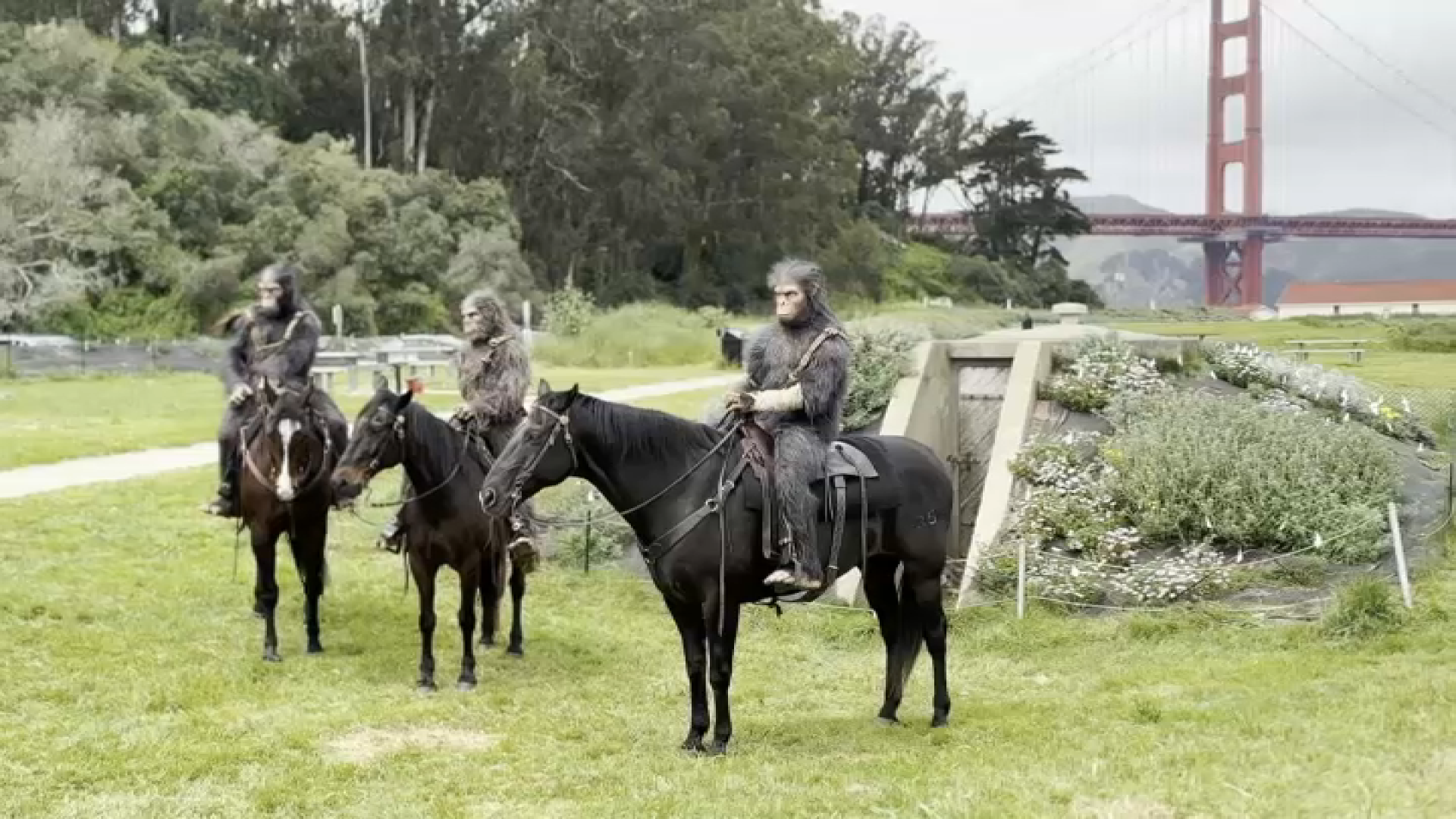San Jose Mayor Chuck Reed's final state of the city address Thursday night will allow the mayor a chance to reflect on the impact of economic development projects and fiscal reforms occurring since his term began in 2007.
"Thanks to fiscal reforms and economic development the budget is stable," Reed said Thursday.
Reed has some advice to his successor: Continue to control costs and expand the city's economy.
At Thursday's address, Reed will reflect on some of the projects he has worked on during his two terms as mayor, including his efforts to bring Major League Baseball to San Jose.
During his eight-year term, Reed made the controversial decision to cut the pay rates of city police officers and all other city employees by 10 percent when a national recession drastically reduced tax revenues for the city in 2010.
In response to the national recession, Reed also backed Measure B, reforming the city's pension system, which was passed by nearly 70 percent of San Jose voters in June 2012. The measure gave current employees the option of taking a lower pension or paying more for their current plan and required new employees to pay a larger share of their pension costs.
The measure was challenged in court by the city's police, firefighters' and engineers' unions, among others.
Local
Santa Clara County Superior Court Judge Patricia Lucas ruled that the city could not require increased pension contributions from its employees but could reduce pay to cover retirement plans' unfunded liabilities.
The pension reform, coupled with 10 percent paycuts, allowed the city to slowly restore public services, such as libraries, community centers and police and fire departments that were cut during the city's tough economic times.
Reed said in a statement in December 2013 following the court ruling on Measure B, that the ruling "protected a vast majority of the targeted fiscal savings that will help rebuild essential public services and protect the long-term sustainability of our employee retirement systems."
"We've had to spend so much time to solve our fiscal problems," Reed said, that it cut attention from other city needs, such as repaving the streets, 25 percent of which are in poor condition, he said.
Reed said that the next mayor will "inherit a city that is stable, but retirement costs will continue to go up. They will be pressed to cut services," he said. A rise in retirement spending is something the city cannot afford, he added.
The mayor also believes that the city needs to increase the number of police officers on the streets to ensure maximum safety for its residents.
San Jose has fewer than 1,000 sworn police officers on the force, down from about 1,400 sworn officers in 2010, according to City of San Jose Director of Communications David Vossbrink.
The San Jose Police Department has the funds to hire an additional 100 officers and is working to fill those positions.
Vossbrink said significant budget restraints and the increasing cost of pension benefits led to layoffs in 2010 and 2011, and caused a reduction in city services. While some services are back, city libraries still remain open only four days a week, down from six days a week.
During his tenure, Reed said he was surprised by all that a mayor is expected to do, but he contends that, "most of the time its fun."
At midnight on Dec. 31, 2014 Reed will be termed out of office and pass the torch to a new mayor.
Among the well-known candidates running for mayor are San Jose Council Member Sam Liccardo, Santa Clara County Supervisor Dave Cortese and San Jose Vice Mayor Madison Nguyen.
Thursday's State of the City address will be held at the newly constructed San Jose McEnery Convention Center at 6:30 p.m. The mayor is expected to begin his address shortly after 7 p.m.



